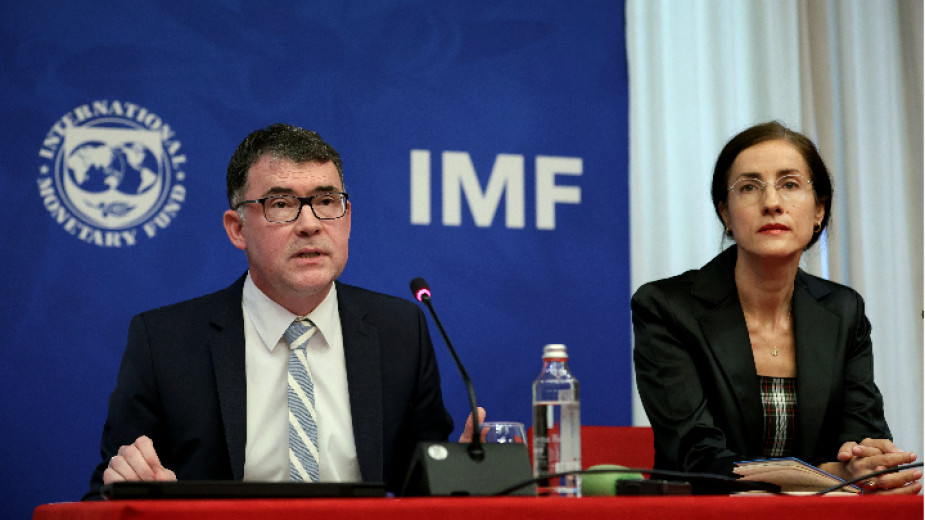
Bulgaria has the opportunity to reap the full benefits of eurozone membership, but this will require stronger fiscal discipline, effective management of transition risks, and accelerated structural reforms, the International Monetary Fund (IMF) mission said on Tuesday, as reported by the Bulgarian News Agency (BTA).
The IMF expects GDP to grow by around 3% in 2025–26, supported by private consumption and credit expansion. Inflation is expected to ease, though it will remain at around 3.5%, driven by rising labour costs: wages are rising faster than productivity, which puts pressure on profits and pushes companies to raise prices.
The IMF also recommends investing in human capital, improving the rule of law, enhancing competition in public procurement and reforming the energy sector.
The average price of apartments sold in Sofia in the third quarter of 2025 reached €2,310 per square metre , marking an annual increase of 25.5%, according to data from Bulgarian Properties. While new developments remain popular, limited supply and..
Natural gas prices in Bulgaria are set to fall by just over 4% in December , significantly higher than the previously forecast 1% drop, according to calculations by state-owned supplier Bulgargaz, reported BNR correspondent Yuliyana Kornazheva. This..
The Executive Board of the International Monetary Fund (IMF) has concluded the 2025 Article IV Consultation with Bulgaria. According to the IMF’s procedure for assessments and recommendations, domestic demand is driving a robust expansion of the..

+359 2 9336 661
